TEHRAN(Bazaar) – William O. Beeman, Professor Emeritus of University of Minnesota, says by cutting ties with SWIFT, Russia would not be able to transfer funds abroad, and would not be able to transact business using U.S. dollars, since the SWIFT system intrinsically uses the U.S. Dollar as the international medium of exchange.
He adds that “This would cripple Russian industry, including the petroleum industry, and it would prevent Russian oligarchs from transferring their money abroad.”
Following is the text of the Bazaar interview with Professor William O. Beeman.
Bazaar: What are the economic consequences of the Ukraine crisis for Russia and Europe? Will Europe not face the problem of energy imports?
Beeman: There is already an energy crisis in Europe, and petroleum product prices are rising world-wide. Oil is selling for over $105 per barrel. Part of the reason has nothing to do with the Ukraine crisis. It has to do with OPEC previously refusing to increase oil production in order to drive prices higher. The Ukraine crisis has only added to this inflationary price cycle.
Bazaar: Following the Russian invasion of Ukraine, the United States announced the possibility of Russia cutting ties with Swift. What effect will the severance of Russia from Swift have on Russia's foreign trade and to what extent will it affect its economy?
Beeman: Iranians can appreciate the consequences of cutting ties with SWIFT, since that is currently the situation in Iran. What this means is that Russia would not be able to transfer funds abroad, and would not be able to transact business using U.S. dollars, since the SWIFT system intrinsically uses the U.S. Dollar as the international medium of exchange. This would cripple Russian industry, including the petroleum industry, and it would prevent Russian oligarchs from transferring their money abroad. However, it would also negatively affect international businesses doing business with Russia and Russians. Italy has expressed alarm at this and other embargo measures, because Russians are some of the most extensive consumers of Italian luxury goods.
Bazaar: Europe imports energy from Russia. Russia's disconnection with Swift will make it difficult for European countries to import fuel from Russia. In such a case, is it possible that the United States will not impose sanctions on European energy imports from Russia?
Beeman: The United States is relying on cooperation from its European NATO allies to self-impose restrictions on importing energy from Russia. Thus far, the largest consumer of Russian petroleum products, Germany, has complied. This is detrimental to the German economy, but they have been willing to do this to demonstrate their disapproval of Russian actions.
Bazaar: Russia has established the System for transfer of financial messages (SPFS), a Swift-independent financial system since 2015. There are about 20 Russian banks operating in the SPFS, and it seems that the presence of foreign banks in it is also needed at the moment. Can this system smooth Russia's foreign trade?
Beeman: The SPFS system is still in its infancy. Iran was invited to participate in the system, but thus far it has not become well enough established to really offset the restrictions that would be imposed if Russia were prevented from using the SWIFT system. SPFS lacks meaningful connections to banking systems outside of Russia.
Bazaar: Germany has good economic relations with Russia and opposes extensive sanctions against Russia. Does Europe have a consensus on sanctions against Russia?
Beeman: No. European nations depend on trade with Russia, both imports of petroleum products. There is no full European consensus on sanctions against Russia. At present the compliance with sanctions is largely cosmetic (UK preventing Russian airlines from landing there), and partial. It would have to be much more extensive for Russia to feel any real pain. U.S. embargo of Russian funds is limited to those funds held in the United States or in U.S. controlled financial institutions. Again, it is largely cosmetic, and not likely to deter Russian aggression.
I want to add one point. If the JCPOA were revived and restrictions on Iranian transfer of funds and sale of petroleum were lifted, it would have an immediate effect on world oil prices, and also would reduce inflationary forces throughout the world. It would also add 74 million Iranian consumers to the world marketplace, which could partially offset the loss of the Russian market. It is hard for me to believe that the United States does not understand this very basic factor in deciding to return to the JCPOA, and I believe the European partners in the agreement must certainly understand this as well.






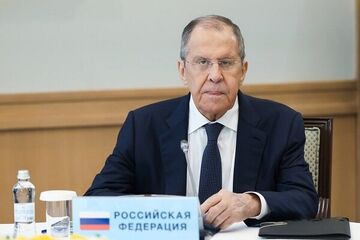
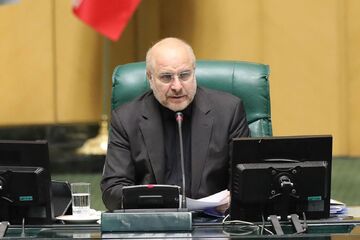

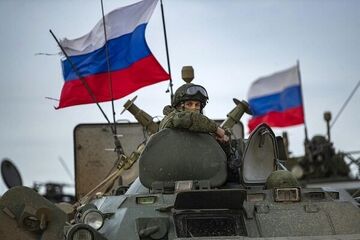
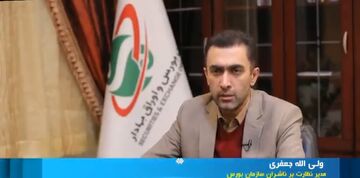


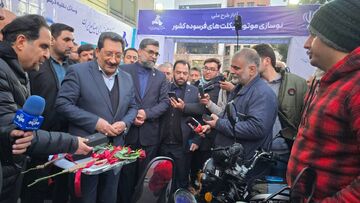
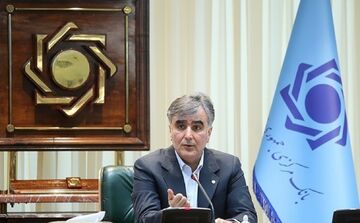
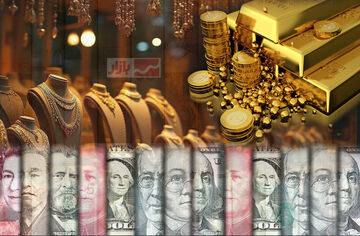
نظر شما